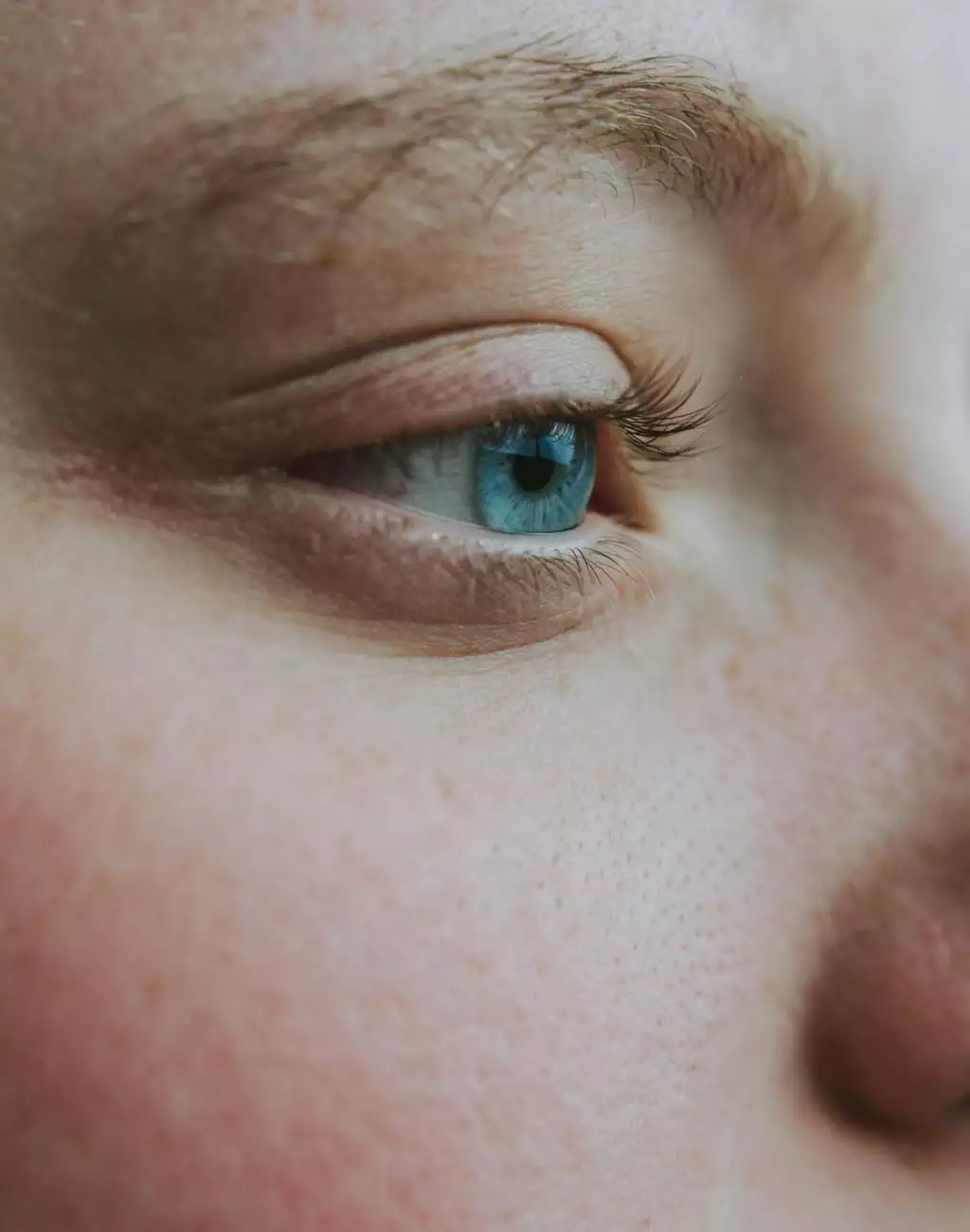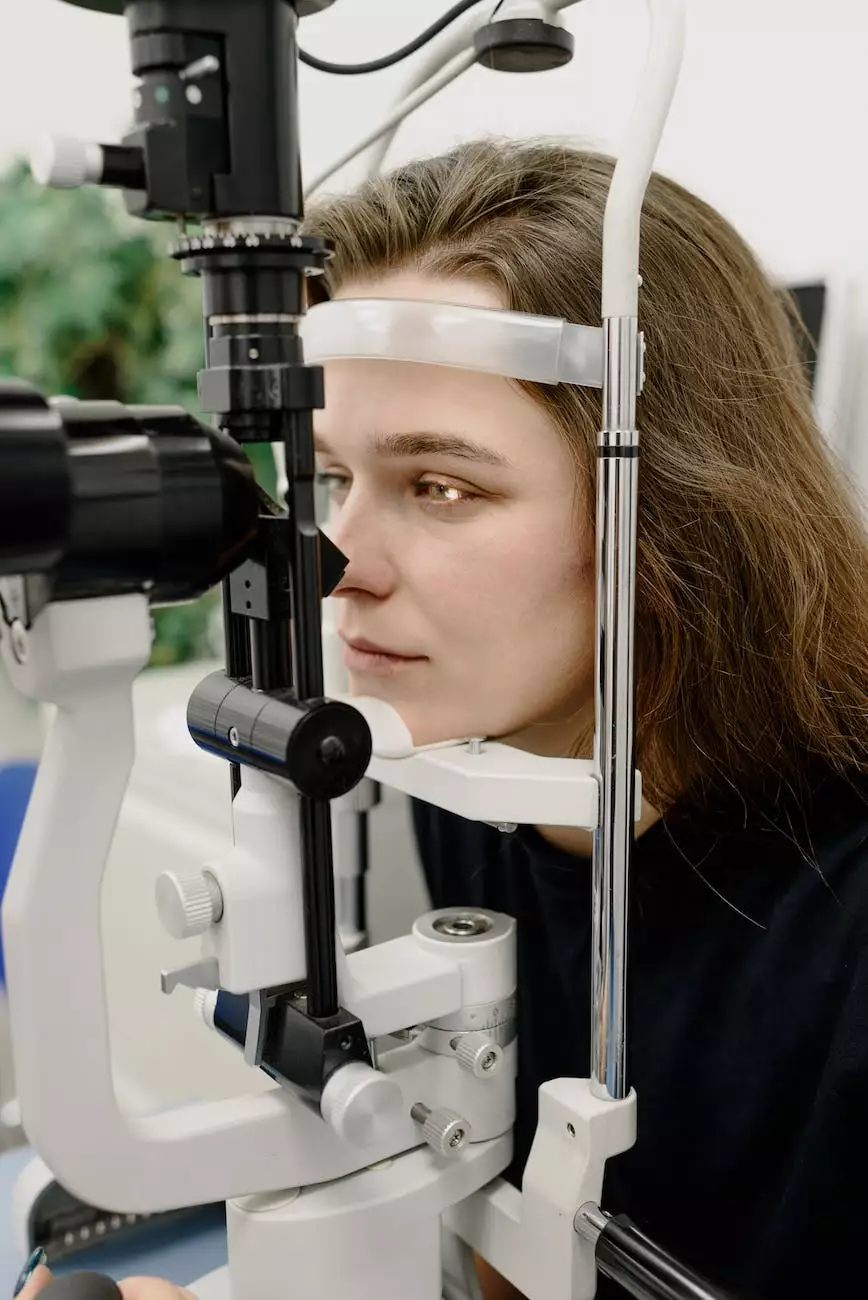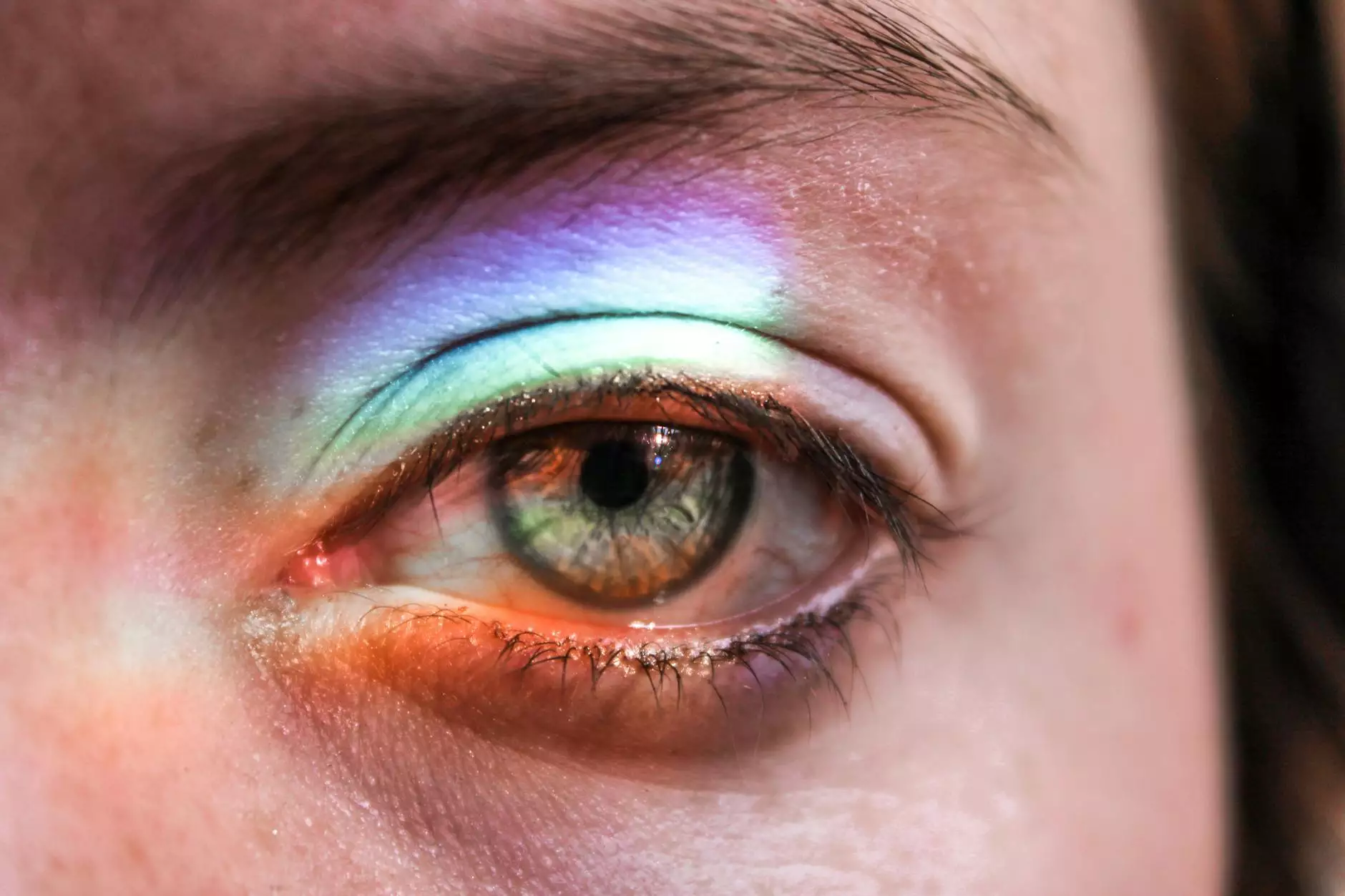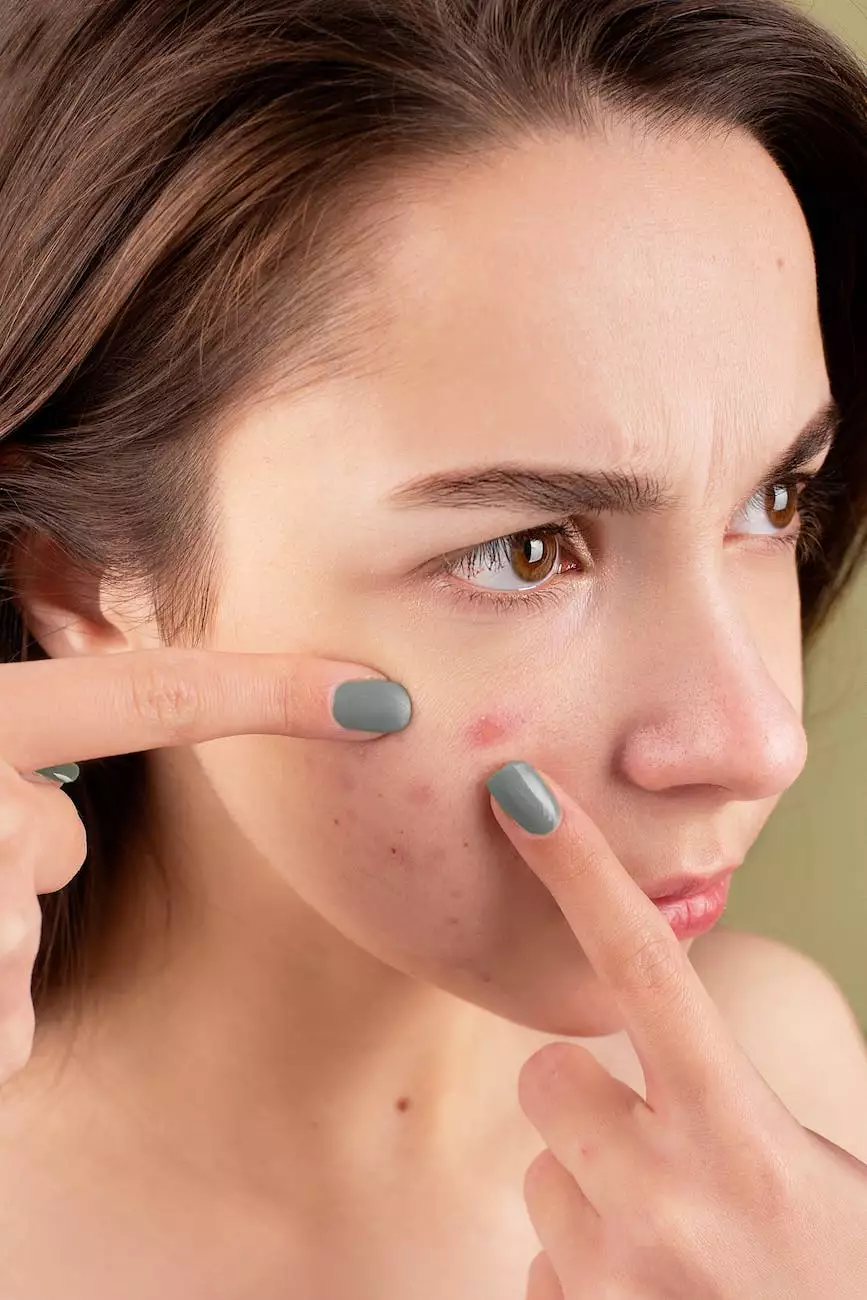Allergy Management and Your Eyes - Chicago
Blog
Introduction
Welcome to Baron Rick W Dr, your trusted source for comprehensive eye care in Chicago. In this article, we will explore the topic of allergy management and delve into how it affects your eyes. Allergies can be a nuisance, causing uncomfortable symptoms that can also impact your visual well-being. We are here to provide you with essential information on how to manage and alleviate these symptoms, allowing you to maintain healthy eyes despite allergies.
The Connection Between Allergies and Eye Health
Allergies occur when your immune system reacts to substances that are typically harmless to others. These substances, known as allergens, can include pollen, dust mites, pet dander, and certain foods. When exposed to allergens, your body produces an allergic reaction, triggering symptoms such as sneezing, runny nose, itchy skin, and red, watery eyes.
When it comes to eye health, allergies can cause a condition known as allergic conjunctivitis. The conjunctiva is a thin membrane that covers the white part of your eye and the inner surface of your eyelids. Allergy symptoms affecting the eyes can include redness, itching, burning, excessive tearing, and swollen eyelids.
Managing Allergies and Alleviating Eye Symptoms
While allergies cannot be completely cured, there are various steps you can take to manage and alleviate the associated eye symptoms. Here are some important strategies:
1. Avoiding Allergens
Identifying and avoiding allergens that trigger your eye symptoms is the first line of defense. Keep your home clean and dust-free, use allergen-proof covers for your pillows and mattresses, and minimize exposure to pollen by keeping windows closed during peak allergy seasons. Additionally, regularly washing your hands and face can help remove allergens that you may have come into contact with.
2. Eye Drops and Medications
Over-the-counter eye drops can provide temporary relief for mild eye symptoms caused by allergies. These drops can help soothe itching and redness. However, if your symptoms persist or worsen, it is recommended to seek professional advice from an optometrist or ophthalmologist. They may prescribe stronger eye drops or oral medications to manage your allergies effectively.
3. Cold Compresses and Artificial Tears
Cold compresses can help alleviate eye irritation and swelling caused by allergies. Simply place a clean, damp cloth or ice pack over your closed eyes for a few minutes. Additionally, using artificial tears can help lubricate your eyes and provide relief from dryness, which is a common symptom associated with allergies.
4. Allergy Shots (Immunotherapy)
In cases of severe and persistent allergies that significantly impact your quality of life, your doctor may recommend allergy shots, also known as immunotherapy. These shots help build immunity to specific allergens over time and can provide long-term relief from allergies and associated eye symptoms.
Conclusion
Allergies and their impact on eye health can be effectively managed with the right strategies and professional guidance. At Baron Rick W Dr in Chicago, we understand the importance of comprehensive eye care and are equipped to help you navigate through allergy-related eye concerns. Take the necessary steps to minimize allergen exposure, explore appropriate eye drops or medications, and consider seeking allergy shots when necessary. Remember, managing your allergies is key to maintaining healthy eyes and clear vision.










